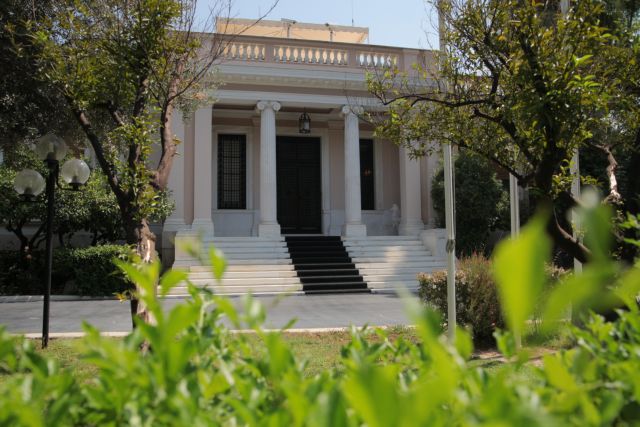While Prime Minister Samaras was pleased with his speech at the 78th International Fair in Thessaloniki on Saturday, confident that he will prevail in the upcoming “strike season”, the opposition and unions are somewhat reserved. For SYRIZA in particular, conflict with the government is inevitable.
The developments in education and calls for action by the unions have created an explosive environment that mostly cancels out the government’s public relations drive for achieving a primary surplus.
Many from within New Democracy have also cast doubts on the government policies, with 15 of the party’s MPs demanding that Minister of Finances Stournaras expands the reach of the heating benefit.
Mr. Stournaras rejected the request, stating that not a single euro more will be spent on the heating benefit, nor will any of the heating benefit funds leftover from last winter be allocated to the benefits for this winter.
As expected, this development has caused disappointment amongst a large part of New Democracy’s Parliamentary Group, which expected the Ministry of Finances to support the social groups that have been affected the most by the financial crisis. Some MPs, such as Nikos Kaklamanis, have been highly critical of the government’s shortsighted focus on the primary surplus which will not help residents in northern Greece cope with the cold.
The Prime Minister however remains optimistic and claims that everything will work out as he has planned. September and October will be critical, as a number of agreements with the troika must be realized and the outcome of the German elections will likely have an impact on the management of the Greek debt.
Mr. Samaras also knows that his government is fragile and since the country cannot stand another round of elections, he insists on political stability. It is no coincidence that a number of New Democracy MPs have expressed their doubts over Mr. Samaras’ infamous “success story” rhetoric and his preemptive insinuation of “sabotage” in case his bill is outvoted.
To that end, the government’s public relations comeback will focus on how the country will get rid of the bailout programs in 2014, however it is not certain that will be enough to alleviate some of the stress on society, when the people’s tax-paying capacity has reached its limits.





